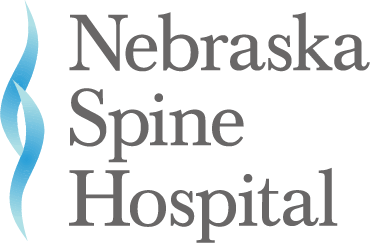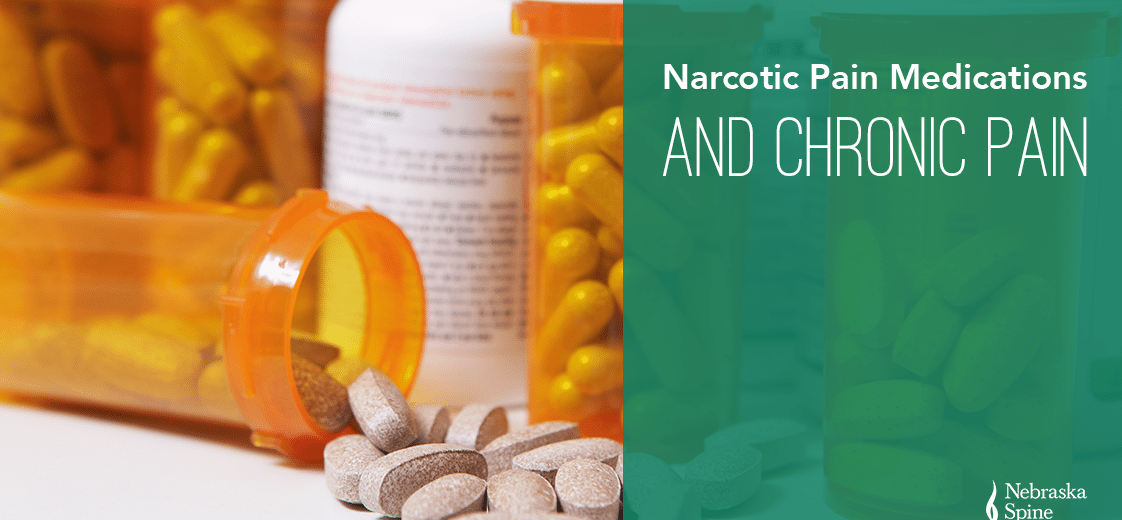What if we were to tell you that narcotic pain medications like oxycodone, hydrocodone, and morphine can actually worsen your chronic pain? Not that great of news, huh?
Studies have found that to be the case.
“A brief treatment with a pain killer, like morphine, doubled the duration of chronic pain.”
Let’s talk about the things we knew about narcotic pain medication prior to this finding. We’ve always known they’re an extremely high-risk drug because they’re highly addictive. That’s why your doctor is always a bit wary of prescribing you too many.
We’ve also known that people who take narcotic pain medications can develop a tolerance within two to four weeks. Meaning, they need to take a higher dosage to feel the same effect as before.
Couple just those two facts together, and you can see how they often become a recipe for disaster. In fact, in 2014 alone, 14,000 people overdosed on their narcotic pain medications.
Now, studies are discovering that these medications can actually increase a patient’s sensitivity to pain, a condition known as hyperalgesia, and decrease their ability to tolerate pain. This means that even after the original cause of pain has been healed, many people keep having pain or even an increase in pain.
That’s some scary stuff.
Luckily, this problem can be solved by simply stopping use. At first, it may seem as though the original pain is still there, but that’s only because withdrawal from narcotic pain medications can often mimic the original pain.
So, if these prescription pain medications are ruled out for treating chronic pain, what are you supposed to do? The following methods have proven effective in managing chronic pain:
- Exercise to both maintain motion and release feel-good endorphins
- Cognitive therapy to develop coping techniques
- Meditation to help distract the brain from pain
- Massage
- Other low risk or non-habit forming pain medications
Whatever you do, if you’re experiencing chronic pain, a pain that persists longer than two to three months, never try to treat yourself. Please seek a professional medical opinion. And we urge you to never take prescription drugs not prescribed to you, whether they are narcotic pain medication or something else.
Finally, we encourage you to come forward if you or someone you know is suffering from a dependency or addiction to narcotic pain medications. With the proper treatment, it is entirely possible to overcome.
To seek help, please call the national helpline for substance abuse at (800) 662-4357. The helpline provides you with free, confidential information and can refer you to a local professional for further assistance.

